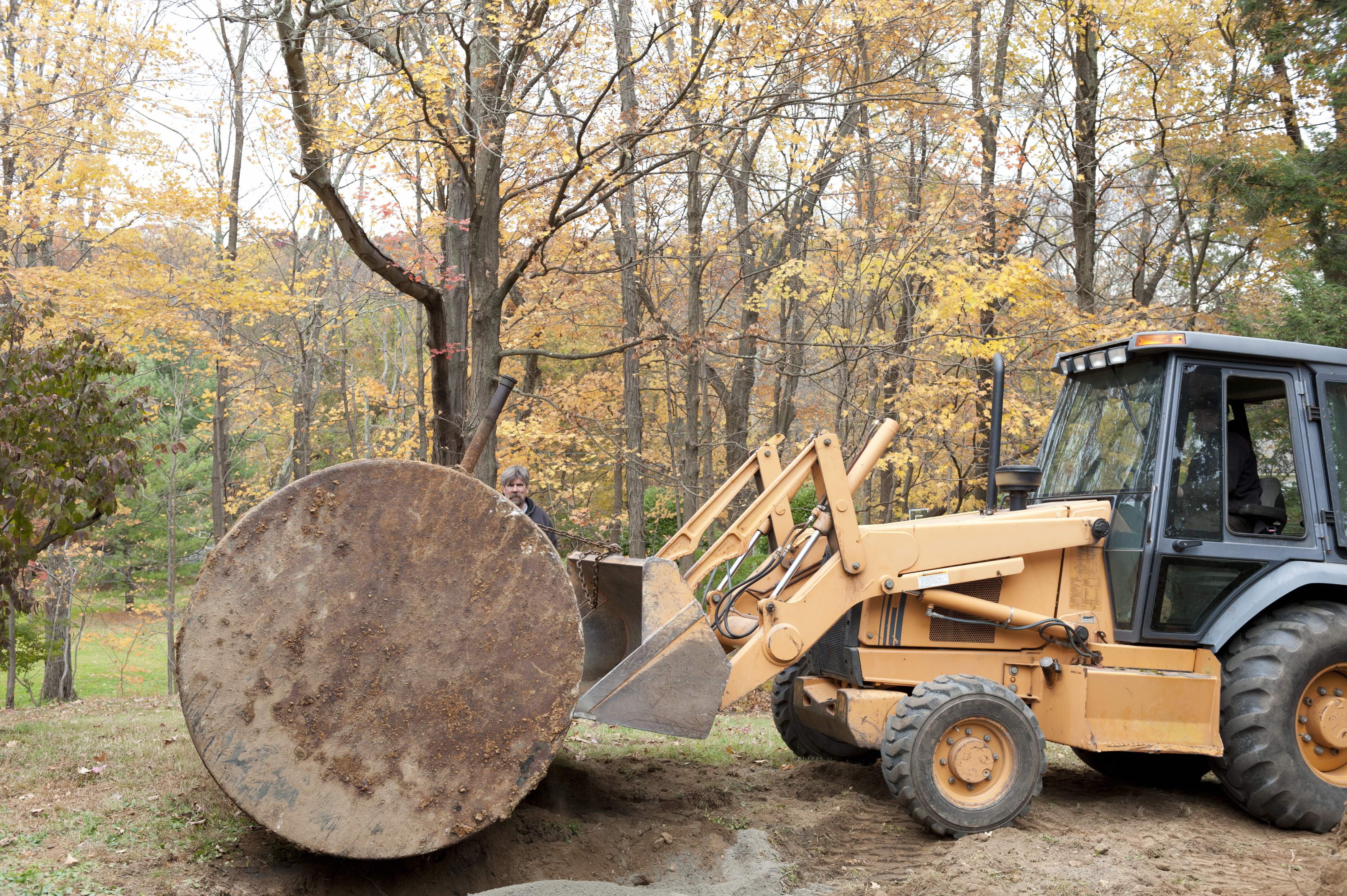
1. I found out my home has an underground fuel oil tank, what do I do now?
First, a licensed environmental company should test the ground for any contamination. If this is a real estate transaction, and the current owner does not have any paperwork on the tank, then assume such paperwork does not exist and an evaluation of the tank will be required.
It should be noted that the vast majority of oil tanks in the ground are not leaking, but tanks are expendable items and require replacement. In addition, if a buyer fails to investigate a tank and later, after the purchase if finalized, finds that the tank has leaked, the cost for cleanup will be the responsibility of the new owner.
If you have an oil tank that is not in use, it should be removed, as it serves no useful purpose.
The presence of the tank is not just a simple inconvenience; it also poses an environmental concern. Older tanks are often made of bare steel, which is very likely to corrode as time goes by, leaking hazardous substances into the environment.
2. Why are underground storage tanks regulated?
Underground storage tanks are regulated because of leaks, spills, and overfill that occurs from these systems. These can threaten human health as well as the environment because of the hazardous and toxic chemicals contained in the oil being stored. Fumes and vapors can travel beneath the ground and collect in certain areas where they can pose a serious threat of explosion, fire, or other adverse health effects.
Preventing and cleaning up these releases are the two primary goals of the programs that regulate underground storage tanks. Cleaning up releases can be difficult and usually expensive. Therefore, it is easier and less costly to prevent these occurrences before they happen.
3. How can I choose a leak detection method and make sure it works?
For underground storage tank systems installed before April 2016, there is no specific leak detection system that is best for all sites. Each leak detection method has unique characteristics. Identifying the best leak detection choice for your underground storage tank depends on a number of factors including cost, facility configuration, ground water depth, soil type, seasonal rainfall and temperature ranges, availability of experienced installers, and other variables.
If you have any additional questions about your underground oil storage tanks, contact JS Tank removal. We specialize in the removal and maintenance of all aboveground and underground oil storage tanks throughout Maryland.








